“It is our very ordinariness that gives hope to the world” – Ebrahim Rasool
It was an awe-inspiring experience – to hear the azan echoing through the vaulted ceiling, see the autumn light streaming through the stained glass as we bowed East, feel the warm embrace in a house of worship not our own. And it was historic -- the first time American Muslims were invited to lead Jummah (Friday) prayers inside the iconic National Cathedral, where presidential funerals and other national religious services are held. Faith leaders spoke of all that we have in common, for a moment silencing the cacophony that drowns out such peaceful voices. I’m glad my son Zayd was with me, to experience how beautifully faith and community and country could fit together.The idea had been envisioned a year earlier, when South African Ambassador Ebrahim Rasool and Reverend Gina Campbell were planning Nelson Mandela’s memorial service. As Rev. Campbell told us that afternoon, on the eve of that service, they stood and looked down the long center aisle of the nave of the cathedral and Ambassador Rasool said that it reminded him of ancient mosques, where water would flow down the center to conduct the sound of prayer. “Standing in this great church two very different people from two very different faiths, could both see and sense prayer,” said Rev. Campbell.Ebrahim Rasool gave a moving khutbah (sermon) that afternoon. “We come to this cathedral with sensitivity and humility,” he said, “but keenly aware that this is not the time for platitudes, because mischief is threatening the world. The mischief-makers call themselves by various names, every name seeking to appropriate a part of our identity and heritage.” He called on Muslims and Christians and those of other faiths to come together in a “common cause” in the fight against extremism. Acknowledging that “while the middle ground from all our faiths and all our walks of life are not always capable of acts which constitute breaking news, because we are not outrageous, despite being outraged. But every day it is our very ordinariness that gives hope to the world, it is our simple acts of co-existence, our embrace of difference, our beautiful addition to the American mosaic that guarantees the defeat of extremism with all its bigotry, discrimination, profiling and devastation.”Rasool was South Africa’s ambassador to the U.S. for four and half years, until just recently, and is now a Distinguished Scholar-in-Residence at Georgetown University. His life has been devoted to public service, including as a parliamentarian in South Africa’s National Assembly and as Governor of the Western Cape Province; he has a long history in the anti-apartheid struggle, and spent a number of years in prison where he met Nelson Mandela.The first time I heard Ambassador Rasool speak, it was at a synagogue; he was giving the keynote address at Washington Hebrew Congregation for the 9/11 Unity Walk, an event that brings together people of all faiths to walk together and visit each other’s houses of worship. The next time I heard him speak, it was at a cathedral; and the third time, I had the privilege of introducing him at a Quaker meeting house at Sidwell Friends school. Perhaps this reveals more about him than anything else I can share. He is a person who is passionate about promoting bonds of friendship across people of all faiths; dedicated to carrying forward Nelson Mandela’s legacy of fostering dignity, and inclusion and respect; and committed to embodying the spirit of ubuntu – I am who I am because of who we all are.At the National Cathedral, Rasool reminded us of the importance of soft power – "that the softest water smooths the hardest rock into the most beautiful pebble." Perhaps this blog can be an aspect of our soft power and help show the world our “ordinariness” -- through simple acts of kindness, gentle gestures of gratitude, and tender stories of compassion, courage and love.To learn more about Ebrahim Rasool’s efforts to promote a world for all, please visit the World for All foundation that he founded, at: http://www.worldforall.org
